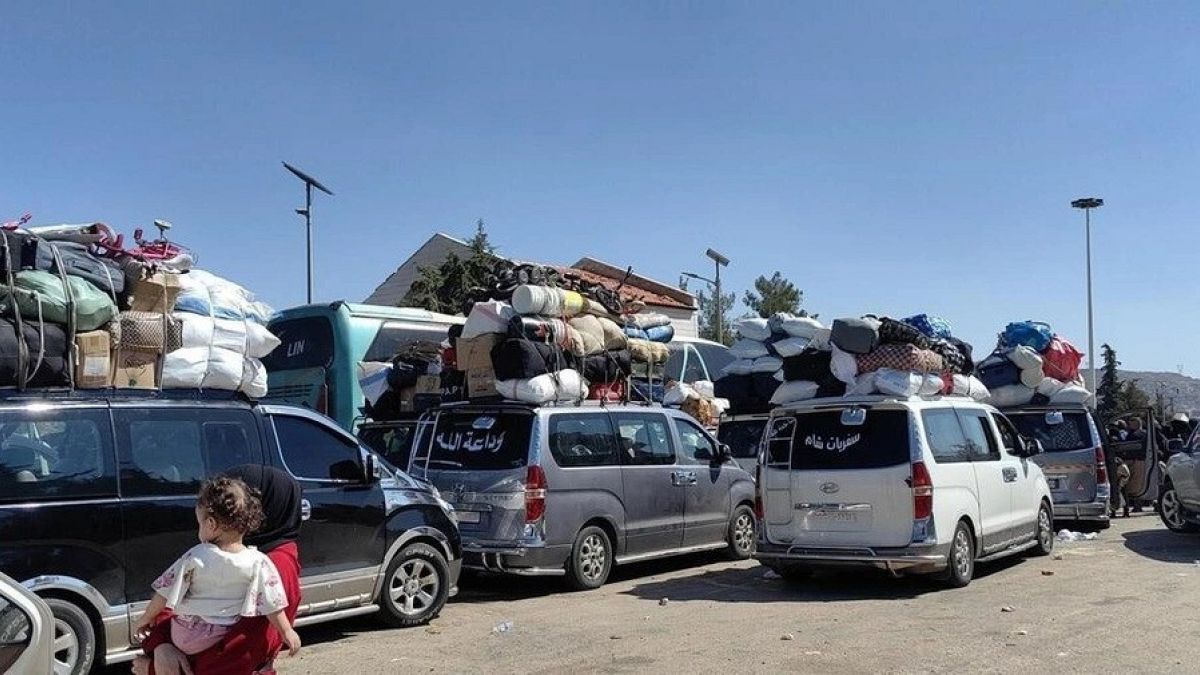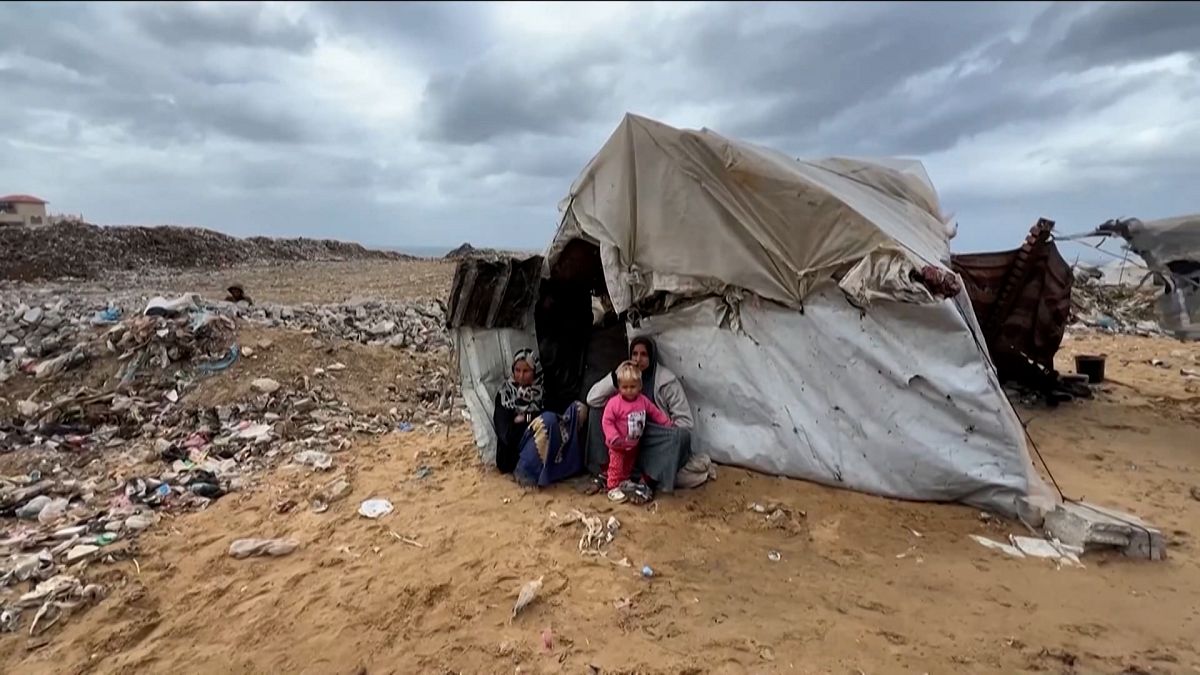The Roma doctors healing Bulgaria
As young professionals head to other countries, a marginalized community is filling the gap.
The Roma doctors healing Bulgaria
As young professionals head to other countries, a
marginalized community is filling the gap.
By BORYANA DZHAMBAZOVA

Illustration by Peter Gehrman for POLITICO
This article is part of the Breaking out: Stories of Roma empowerment special report, presented by the Roma Foundation for Europe.
On a hot June day, a group of Roma teenagers huddled over chemistry equations prepping for jobs the Bulgarian healthcare system is struggling to fill: doctors, nurses, dentists and pharmacists. The students are attending a course for Bulgaria’s rigorous medical school admissions exams, organized by Trust for Social Achievement, TSA, a Sofia-based nonprofit helping disadvantaged communities.
Long excluded from higher education and professional careers, young Roma — a marginalized ethnic group making up about 10 percent of the Bulgarian population — are increasingly finding opportunities in fields that were once all but off-limits.
It’s a trend that goes beyond medicine — but when it comes to healthcare, Roma medical staff aren’t just breaking into a new field, they’re answering a desperate need too.
Bulgaria has a brain drain problem as young professionals are drawn to the benefits of working in richer countries. While the number of physicians is above EU average, they are mostly concentrated in big cities, and there are shortages in key specialties, according to a recent report conducted by the European Commission. Bulgaria is also one of the EU countries with the lowest number of nurses, along with Latvia and Greece.
“[The program] produces doctors, nurses, and midwives who are much needed, especially in small towns,” said Miroslav Angelov, a Sofia-based cardiologist who became a doctor after attending a previous edition of the training program.
“These people are the real changemakers,” Angelov said.
The real changemakers
A career in medicine has traditionally been out of reach for most Roma people, who often face social inequality and exclusion from an early age: Access to kindergarten is limited, and most students are placed in all-Roma classes or even segregated schools in the later stages of their education.
But thanks to nonprofit organizations like the Trust for Social Achievement things are starting to change: Between 2018 and 2024, the group taught more than 120 students and awarded 270 scholarships to get Roma kids into medical school.
Ivailo Tournev, a leading neurologist based in Sofia, currently heads the program and plays a pivotal role in guiding these young students. He has been working closely with the Roma community for over two decades, organizing prep courses and training health mediators.“We knew it was crucial to train medical professionals from the Roma community, which was plagued by high child mortality, chronic diseases, and poor access to healthcare,” said Tournev.

Most of the students attending the TSA course succeed in completing their degrees and becoming medical professionals in leading hospitals in Sofia and across the country. In the last two editions of the course, 15 out of 17 of its secondary school graduates were accepted into a medical university.
These young doctors and nurses are reshaping perceptions both in the wider society and the Roma community: Not only do they ensure that Roma patients receive compassionate, dignified care from doctors who understand their unique challenges, but they also demonstrate talent and leadership, redefining the narrative of what it means to be Roma in Europe.
For many of the students, the program is the only opportunity they would have to pursue their dreams of a career in medicine. “Even if I could afford it there are no teachers in my town to prepare me,” said Gabriela Tsotsarova, who commutes nine hours from her hometown on the Black Sea to Sofia.
Some of the first graduates are now practicing professionals.
Angelov, for example, now mentors younger Roma students and believes the program serves as a practical model for Roma integration. “This program proves that when given the opportunity, Roma children can succeed,” he said.
Doctors without prejudice
Discrimination, however, is still a challenge.
Despite TSA’s successes, institutional support for the program remains minimal. “The state does not recognize these students as individuals with the potential to contribute to society,” said Aylin Dzhafer, a project manager for TSA. “At the moment they are an untapped resource for the health sector.”
Besides tutoring in biology and chemistry, the program teaches Roma history, financial literacy, mental health awareness and soft skills — a curriculum designed to prepare the students for the challenges they will face during their studies and careers. “Mentors offer students and future medical professionals support and guidance in an environment which is often hostile towards them,” Dzhafer said.
By pursuing higher education and entering fields like medicine, these young people are not only fulfilling personal dreams but also breaking down stereotypes that have long cast the Roma as a marginalized community.

“When patients come for a check-up, they don’t see me as a Roma man,” said Angelov. “They see me as the doctor who is there to help them.”
For the next generation of students, the stakes are high.
“I dream of a time when a Roma person graduating from university is no longer news, but the norm,” said Nikol Angelova, a young Roma student from the small town of Lom on the Danube River who started her medical degree in September following the completion of the prep course.
“I want to go back to Lom and continue working with the Roma community there,” she said. “One shouldn’t forget where you came from.”
This article is part of the Breaking out: Stories of Roma empowerment special report, presented by the Roma Foundation for Europe. The article is produced with full editorial independence by POLITICO reporters and editors. Learn more about editorial content presented by outside advertisers.
What's Your Reaction?




















































